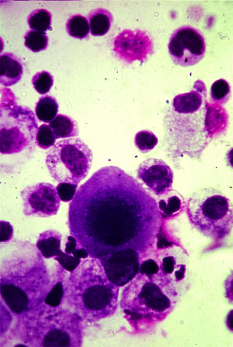Hair loss cancer link checked
 Researchers have looked at why people with hair loss are more susceptible to deadly skin cancers.
Researchers have looked at why people with hair loss are more susceptible to deadly skin cancers.
In their comprehensive study, published in the journal Nature Communications, a QIMR Berghofer team has established a compelling connection between male pattern baldness and skin cancers.
The investigation focused on understanding the underlying causes of this link, specifically whether it was driven by testosterone or sun exposure.
Dr Jue-Sheng Ong, the lead researcher, explained that testosterone is a key factor in male pattern baldness, and some studies have suggested it may also contribute to the higher skin cancer risk in individuals experiencing hair loss.
However, Dr Ong noted that a more straightforward explanation might be that those with hair loss are exposed to more sunlight on their head and neck areas, which are often less protected.
The research aimed to provide conclusive evidence for this relationship, even if the explanation seemed apparent.
Associate Professor Matthew Law emphasised the importance of relying on evidence rather than assumptions to guide health programs and interventions.
To substantiate their findings, the team conducted genetic analyses using data from over 29,000 cases of melanoma and keratinocyte cancer.
They also examined genetic markers related to testosterone and hair loss to determine whether these factors influenced skin cancer risk.
Their analysis confirmed a strong association between balding and skin cancers, primarily attributed to increased sun exposure.
However, genes associated with both hair loss and skin pigmentation also played a role.
Notably, the research revealed no significant role for testosterone levels in the link between balding and skin cancer.
The overlap between genes affecting hair loss and those influencing skin colour suggests that pigmentation may contribute to the elevated risk observed in individuals with hair loss.
The full study is accessible here.








 Print
Print